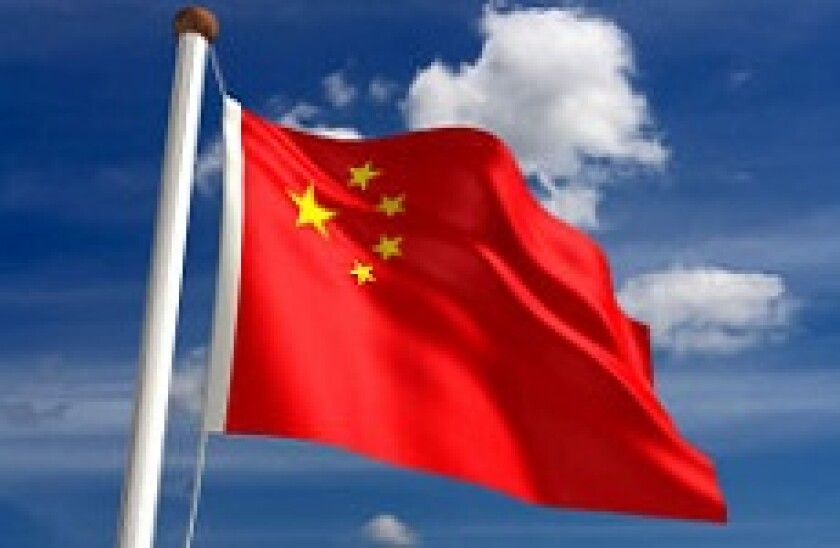The US and China are considering rolling back existing tariffs on each other’s imports in phases as a trade deal nears, Gao Feng, a spokesperson of the commerce ministry said on a Thursday press conference.
“If China and the US reach a phase-one deal, both sides should roll back existing additional tariffs in the same proportion simultaneously based on the content of the agreement, which is an important condition for reaching the agreement,” Gao said at a Thursday press conference.
The US has yet to confirm the possibility.
*
Chinese president Xi Jinping gave a speech at the China International Import Expo (CIIE) on Tuesday. This year’s expo is of a similar size and scale as last year, boasting participants from 155 countries and 26 international organizations.
Xi promised that “China’s door will only open wider and wider” in the opening speech.
Following the speech, the state council released a document outlining measures towards a more fair, transparent and predictable environment for foreign businesses on Thursday. Among the 20 measures proposed, China promised to open up the financial industry more quickly and lift all caps on the scope of business that foreign banks, securities houses and fund managers can do.
The regulator will also scrap the requirements on total assets when foreign banks seek to establish onshore entities and branches, although none of these plans are new.
China will fully implement the Foreign Investment Law and ban any forced transfer of technology, responding to US demands.
*
The FSDC met for the ninth time on Wednesday. The committee was created first in 2017 and chaired by Chinese vice premier Liu He. Apart from discussing ways to implement “the spirit of the Fourth Plenum”, the committee also discussed how it would build a “modern central bank system” and addressed the instability of China’s small banks.
The committee vowed to support small and medium-sized banks in replenishing capital through multiple channels, optimising their capital structure and helping them better serve the real economy.
*
On Wednesday, Xi and French president Emmanuel Macron held talks in Beijing. The two leaders agreed to align China’s Belt and Road Initiative (BRI) with the European Union’s Euro-Asian connectivity strategy.
They also signed 40 bilateral contracts in areas including aviation, energy, tourism, finance, digital and sustainable development. China also agreed to jointly repair the Notre Dame de Paris with France.
Xi will head to Greece for a state visit from November 10-12, state media reported. He will then head to Brazil for the 11th BRICS country meeting.
*
China’s vice premier Han Zheng met with Hong Kong's chief executive Carrie Lam in Beijing on Wednesday. That followed a Monday meeting between Lam and Xi, after which the Chinese president praised Lam's "hard work" in trying to stabilise the situation in Hong Kong.
Han promised Lam that the central government supports the Hong Kong SAR government's attempts to address broader issues affecting Hong Kong people’s livelihood, an apparent attempt to quell the protests.
On the same day at a different meeting, Han approved several economic measures to bring Hong Kong and the Mainland closer together. These measures include improving financial flows between Hong Kong and China, providing cross-border financial products for Hong Kong and Mainland residents and allowing Hong Kong residents to buy houses in the Greater Bay Area.
The same meeting also mentioned the potential of a connect scheme between Hong Kong and Mainland wealth management products. The scheme will allow residents of Hong Kong and Mainland cities in the Greater Bay Area to invest in wealth management products in each other’s markets.
“I believe that establishing the two-way wealth management connect scheme will create new business opportunities for the financial industry, and provide more options of wealth management products for residents of the two places,” Eddie Yue, chief executive of the Hong Kong Monetary Authority, said in a Wednesday press release.

